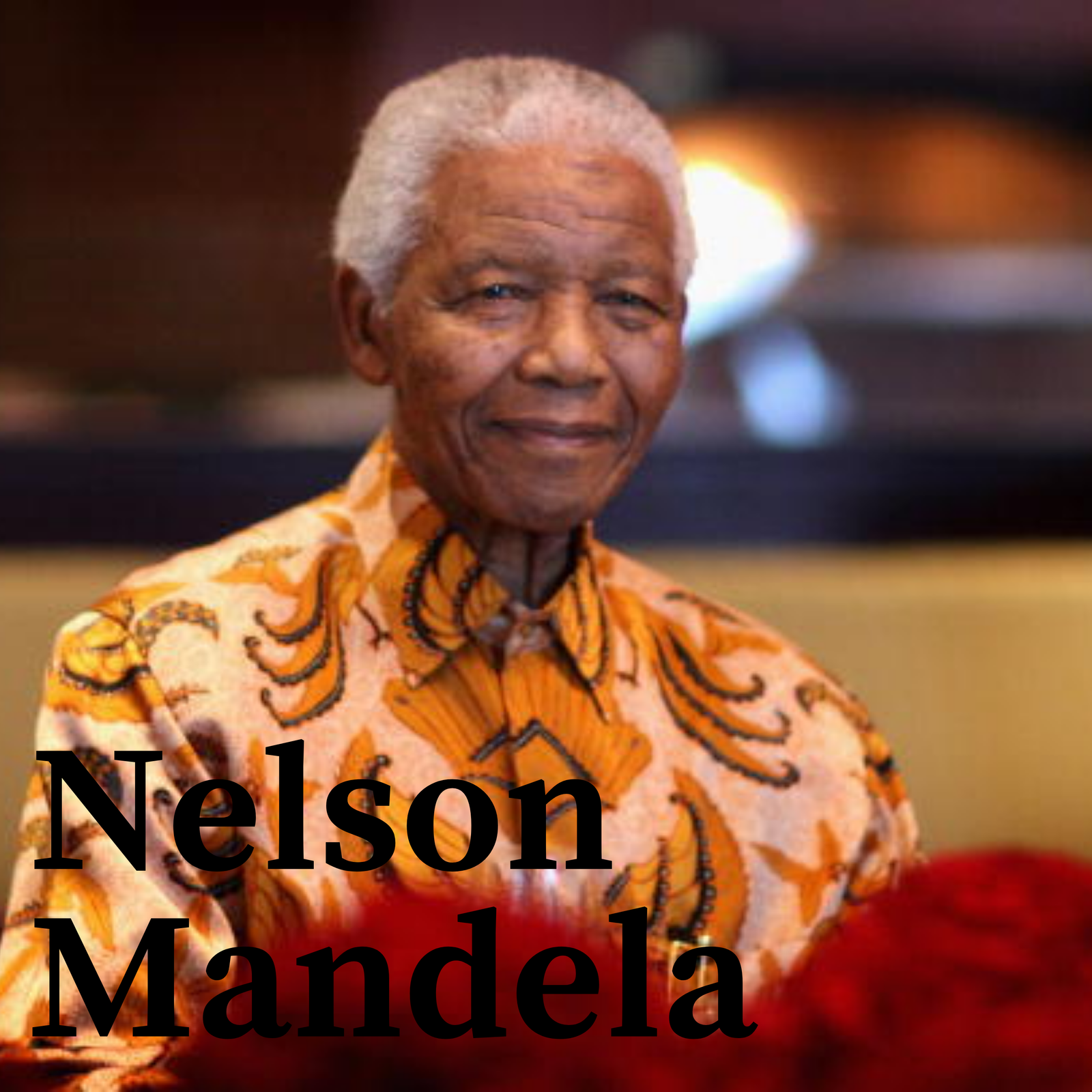Nelson Mandela, one of the most iconic figures in history, has left an indelible mark on the world not only through his fight for freedom and justice but also through his profound thoughts on financial empowerment. This guide delves into Mandela’s perspectives on economic empowerment, presenting a detailed exploration of his vision and its lasting impact.
Nelson Mandela
Table of Contents
Nelson Mandela’s Vision for Economic Equality
Nelson Mandela firmly believed that economic inequality was one of the most significant barriers to true freedom. His perspective on economic equality emphasizes that financial independence is an essential component of overall freedom. Mandela argued that without the means to support oneself and one’s family, true freedom remains unattainable.
Economic Freedom as a Human Right
Mandela viewed economic freedom as a fundamental human right. He often stated that poverty and deprivation were not accidents but the results of deliberate policies. By advocating for economic equality, Mandela emphasized the importance of creating policies that would enable all individuals to achieve financial independence.
South Africa’s Reconstruction and Development Program (RDP)
One of the practical implementations of Mandela’s vision was the Reconstruction and Development Program (RDP). This initiative aimed to address the vast inequalities in South Africa by providing housing, healthcare, and employment opportunities to historically marginalized communities.
The Role of Education in Financial Empowerment
Nelson Mandela famously said, “Education is the most powerful weapon which you can use to change the world.” He recognized that education is not merely about acquiring knowledge but also about developing the skills necessary for economic self-sufficiency.
Accessible and High-Quality Education for All
Mandela championed the cause of making education accessible to all. He believed that by providing quality education, societies could empower individuals to break free from the cycle of poverty and build prosperous futures.
Mandela’s Support for Higher Education
Mandela’s support for higher education was evident through his establishment of the Nelson Mandela Institute for Education and Rural Development. This institute focuses on improving the quality of education in rural areas, ensuring that even the most disadvantaged students have access to educational opportunities.
Economic Policies and Social Justice
During his presidency, Mandela implemented policies aimed at redistributing wealth and creating economic opportunities for all South Africans. He understood that social justice and economic justice are deeply interconnected.
Redistribution of Wealth
One of Mandela’s primary economic strategies was the redistribution of wealth. He believed that addressing the economic disparities caused by apartheid was crucial for achieving social justice.
Land Reform Initiatives
Mandela’s administration introduced land reform initiatives to correct historical injustices. By redistributing land to those who had been dispossessed, Mandela aimed to create a more equitable society where everyone had the opportunity to benefit from the country’s resources.
Mandela on Entrepreneurship and Small Businesses
Nelson Mandela was a staunch advocate for entrepreneurship. He saw it as a vital means of achieving economic empowerment, particularly for those from disadvantaged backgrounds.
Supporting Small Businesses
Mandela recognized the importance of small businesses in creating jobs and stimulating economic growth. He believed that by supporting entrepreneurs, especially those from marginalized communities, it was possible to foster economic development.
Small Business Development Initiatives
Mandela’s administration launched various small business development initiatives to provide resources and support for emerging entrepreneurs. These programs included access to training, financial assistance, and mentorship, helping to cultivate a vibrant entrepreneurial ecosystem.
Access to Capital and Financial Services
Mandela emphasized the necessity of access to capital and financial services for achieving financial empowerment. He argued that without access to these resources, many individuals and businesses would remain trapped in poverty.
Inclusive Financial Products and Services
Mandela advocated for the creation of inclusive financial products and services tailored to the needs of underserved communities. He believed that financial institutions had a crucial role to play in fostering economic equality.
Microfinance Programs
Mandela supported the development of microfinance programs that provided small loans to entrepreneurs who lacked access to traditional banking services. These programs enabled many individuals to start or expand their businesses, contributing to economic growth and poverty alleviation.
The Legacy of Mandela’s Economic Ideals
Nelson Mandela’s economic ideals continue to inspire and guide efforts towards achieving financial equality and empowerment. His emphasis on education, entrepreneurship, and fair policies provides a blueprint for addressing contemporary economic challenges.
Global Impact and Modern Relevance
Mandela’s thoughts on financial empowerment have had a profound impact globally. His vision for economic justice has inspired numerous initiatives and movements aimed at reducing poverty and promoting equality.
Global Movements Inspired by Mandela
Mandela’s advocacy has influenced global movements such as the Global Campaign for Education and the World Economic Forum’s initiatives on inclusive growth. These efforts reflect his enduring legacy and the continued relevance of his economic principles.
Mandela’s Enduring Influence on Financial Thought
Nelson Mandela’s thoughts on financial empowerment underscore his holistic view of freedom and justice. By advocating for economic independence, educational opportunities, and equitable policies, Mandela sought to create a world where everyone has the chance to thrive. His legacy remains a powerful guide for policymakers and individuals committed to financial equity and empowerment.
